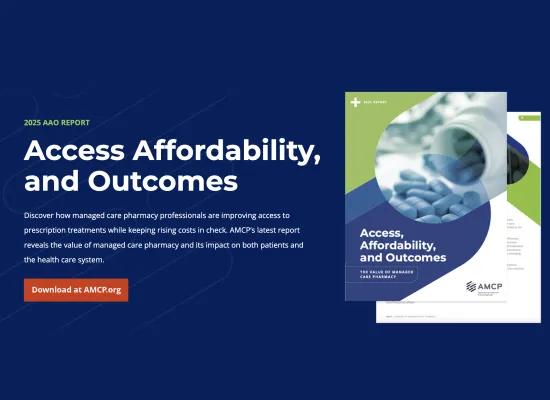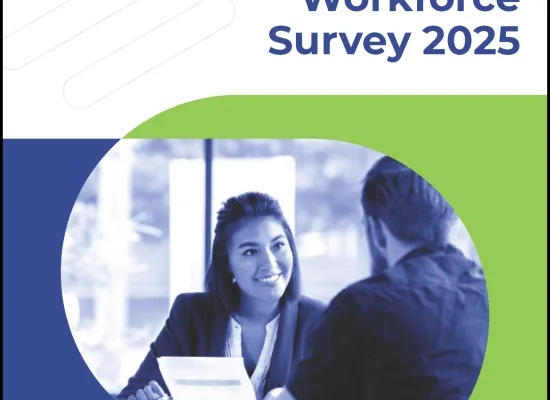
Evidence of ‘Nocebo’ Effect in Patients Taking Biosimilar Products is Unclear, According to Research in JMCP
Alexandria, Va., October 4, 2018 —There is insufficient evidence to conclude that a nocebo effect — an adverse effect or perceived lack of effectiveness that occurs when a patient has negative expectations about taking a medication—is a factor when patients and prescribers are aware of a switch from a reference biologic to a corresponding biosimilar product. However, higher discontinuation rates for the infliximab biosimilar did occur when the change from the reference product was known, according to new research.
The increased discontinuation rates could be due in part to patients’ negative expectations of taking less-expensive biosimilars, rather than true differences between a reference and biosimilar product, say authors of the study published in the October issue of the Journal of Managed Care & Specialty Pharmacy (JMCP). JMCP is the scientific journal of the Academy of Managed Care Pharmacy (AMCP).
The JMCP study examined 31 trials covering 3,271 patients to determine if a patient and/or physician’s knowledge of a switch was associated with an increase in adverse drug events (ADEs). Median discontinuation rates for any reason were 14.3% in open-label studies (i.e., studies in which patients knew they were being switched) compared with 6.95% in double-blinded studies. Discontinuation rates for ADEs were 5.6% in open-label studies versus 3.1% in double-blinded studies, suggesting the nocebo effect could affect biosimilar adoption.
“Our research showed that in studies where subjects knew that they were switching from an original product to a biosimilars product, patients did not tolerate it as well as subjects in studies in which the patients did not know, potentially because they had negative expectations about the biosimilar,” says Gregory Heindel, PharmD, BCPS, Resident in the Department of Pharmacy at the University of North Carolina Medical Center. “If this is true, the nocebo effect could hinder the widespread adoption of biosimilar products in the U.S. and reduce the associated cost-savings for patients and health-systems.”
The study concludes that further studies are needed to confirm the existence of a biosimilar nocebo effect. But it also lays out strategies to combat the nocebo effect with biosimilars.
Managing expectations through patient empowerment may be the most viable option for mitigating any biosimilar nocebo effect, it notes. The most obvious way to manage patient expectations is through education. Appropriate framing of the discussion regarding switching to a biosimilar is key, the study says. An honest discussion should focus on the positive effects (cost savings), without intentional or subconscious hints that the biosimilar product is a “knock-off” product or possibly less safe or effective.
To read the study, visit http://bit.ly/2R7KLF1
The study highlights the important role of the Biologics and Biosimilars Collective Intelligence Consortium (BBCIC), which was established by AMCP to address post-market evidence generation for novel biologics, their corresponding biosimilars and other related products. To learn more about BBIC, visit www.bbcic.org
About JMCP
The Journal of Managed Care & Specialty Pharmacy is the official scientific journal of the Academy of Managed Care Pharmacy. It publishes peer-reviewed original research manuscripts, subject reviews, and other content intended to advance the use of the scientific method, including the interpretation of research findings in managed care pharmacy. JMCP is dedicated to improving the quality of patient care by providing its readers with the results of scientific investigation and evaluation of clinical, health, service, and economic outcomes of pharmacy services and pharmaceutical interventions, including formulary management. www.jmcp.org.
Featured News & Resources
See Full CalendarAward Applications Open
AMCP eLearning Day: Nexus Encore
Upcoming Events
AMCP offers a wide variety of educational opportunities, from events and webinars to online training.







